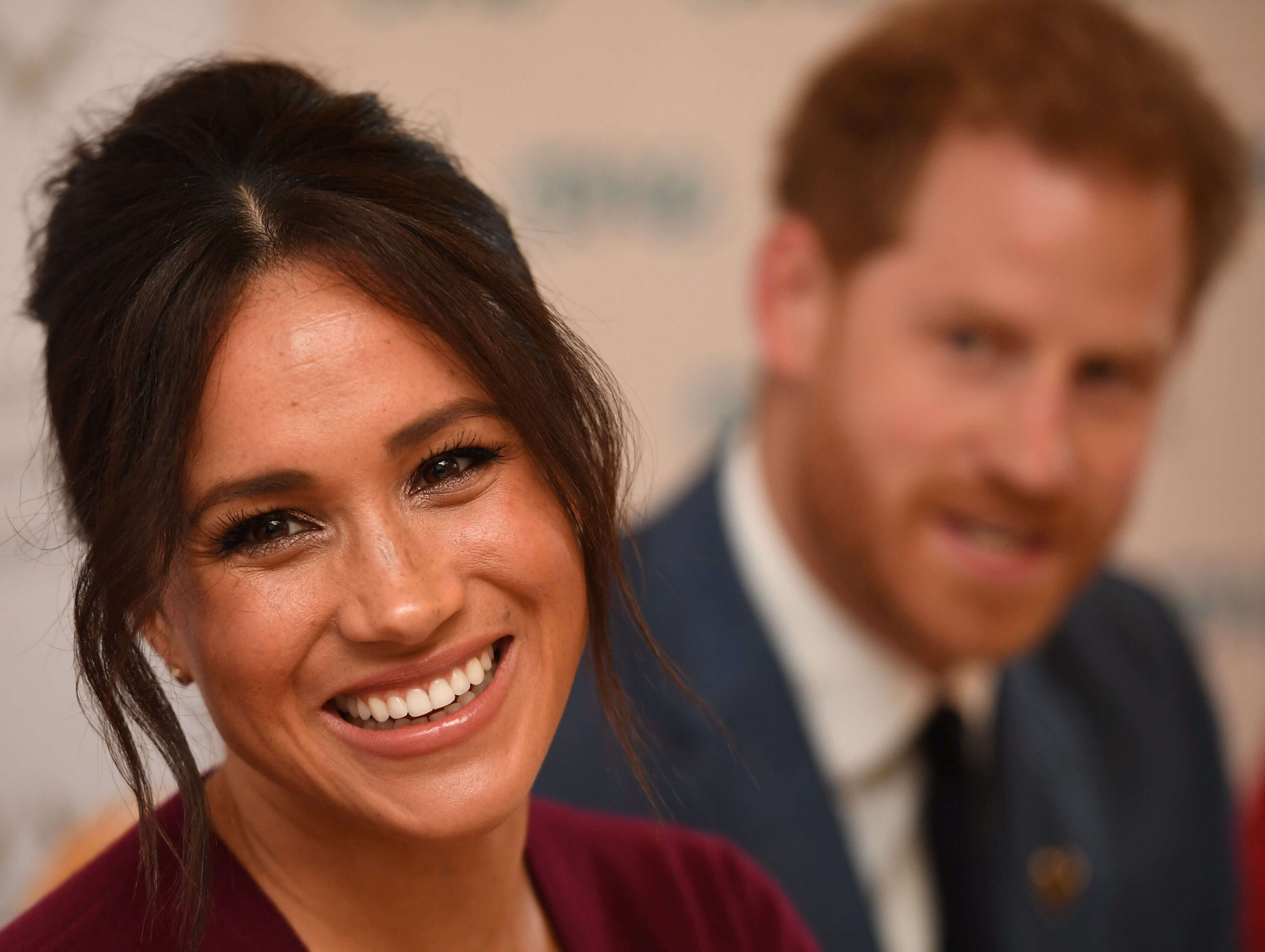
A cross-party group of female MPs has written to Meghan Markle to express solidarity over what they described as “often distasteful and misleading” national newspaper stories about her.
The 72 MPs criticised the “colonial undertones” of some of the stories and pledged to do anything within their power to ensure the press respects Markle’s right to privacy.
The letter, written by Labour’s representative for Halifax Holly Lynch, said: “…we expect the national media to have the integrity to know when a story is in the national interest, and when it is seeking to tear a woman down for no apparent reason.
“You have our assurances that we stand with you in solidarity on this.
“We will use the means at our disposal to ensure that our press accept your right to privacy and show respect, and that their stories reflect the truth.”
Reacting to the letter, which was shared on social media this afternoon, former Mirror editor Piers Morgan tweeted that it “looks like a very dangerous attempt to suppress freedom of the press”.
He said he hoped the MPs could justify the “extraordinary” claim that the press has been racist towards Markle and urged them to “urgently clarify which stories they think are unfairly intrusive”.
The MPs’ support comes after the Duchess of Sussex filed a lawsuit against the Mail on Sunday over its publication of a private letter to her estranged father. The paper has said it will “vigorously” defend the case.
At the same time, Prince Harry issued an emotional statement attacking “bullying” tabloid behaviour and describing his wife as “one of the latest victims of a British tabloid press”.
In an interview with ITV’s Tom Bradby, which aired last week, Markle said she was warned by her British friends prior to marrying Prince Harry that the UK tabloids “will destroy your life”.
In their letter, the MPs – who represent a third of the women currently sitting in the House of Commons – said they were writing “to express our solidarity with you in taking a stand against the often distasteful and misleading nature of the stories printed in a number of our national newspapers concerning you, your character and your family”.
They went on: “On occasions, stories and headlines have represented an invasion of your privacy and have sought to cast aspersions about your character, without any good reason as far as we can see.”
The letter went on to criticise “outdated, colonial undertones” to some of the stories and said this “cannot be allowed to go unchallenged”.
Prince Harry’s initial plea for privacy for Markle in 2016, after they began dating, called out “racial undertones of comment pieces”.
The media continues to face accusations of racism in relation to its coverage of the duchess, including by Hillary Clinton earlier this month.
The group of female MPs is made up of 63 from Labour, four Conservatives, three Liberal Democrats, one Independent Group for Change MP and one independent (former Tory).
They told Markle they “share an understanding of the abuse and intimidation” often targeted at women in public positions.
Women MPs from all political parties have put aside our differences to stand in solidarity with the Duchess of Sussex today and are sending her this open letter. pic.twitter.com/ytLHG5qPf4
— Holly Lynch (@HollyLynch5) October 29, 2019
Press reform group Hacked Off expressed its own solidarity with Markle. Its director Kyle Taylor said: “It is undeniable that the Duchess of Sussex has been subjected to sustained press abuse over the last 12 months.
“She has a right to basic standards of privacy and for reporting about her to reflect the truth; rights which elements of the press have callously disregarded in pursuit of sensational headlines.”
The Duke and Duchess of Sussex went through the Independent Press Standards Organisation to win an apology and correction from the Sun newspaper last month after it wrongly claimed they had banned staff from using a car park because it overlooked their home.
Prince Harry is also separately suing the Sun and the Mirror news groups over allegations of phone hacking dating back to the early 2000s.
Picture: Jeremy Selwyn/Pool via Reuters
Email pged@pressgazette.co.uk to point out mistakes, provide story tips or send in a letter for publication on our "Letters Page" blog

